COUNTY LINES
An interview with filmmaker Henry Blake
Words Sean Stillmaker
For over a decade, filmmaker Henry Blake was a youth worker based in East London. During this time he witnessed the shocking impact of county lines – the nationwide network used by criminal gangs to move drugs between urban and rural areas. The majority of this work is done by boys aged between 15-17 years old, who transport narcotics from cities such as London, Birmingham and Liverpool.
Blake’s exposure to this world and frontline experience would inspire him to make his debut feature film, County Lines, which intimately explores the life of a struggling single mother raising a young daughter and her 14-year-old son, Tyler, played by Conrad Khan (Black Mirror). The film earnestly illustrates Tyler’s descent into county lines and the shocking landscape of this existence, which is very much a mirror to our reality.
The film is a powerfully raw and authentic depiction of the complex issues facing those challenged by socio-economic conditions and those caught in its vicious cycle. According to a study carried out by The Children’s Society, 4,000 teenagers in London alone are exploited through county lines, while the children’s commissioner estimated at least 46,000 children in England are involved in gang activity.
Ahead of the film’s release, we talked to Henry about his journey that inspired County Lines and the perseverance, commitment and trust that is needed to heal and repair our societal fractures.
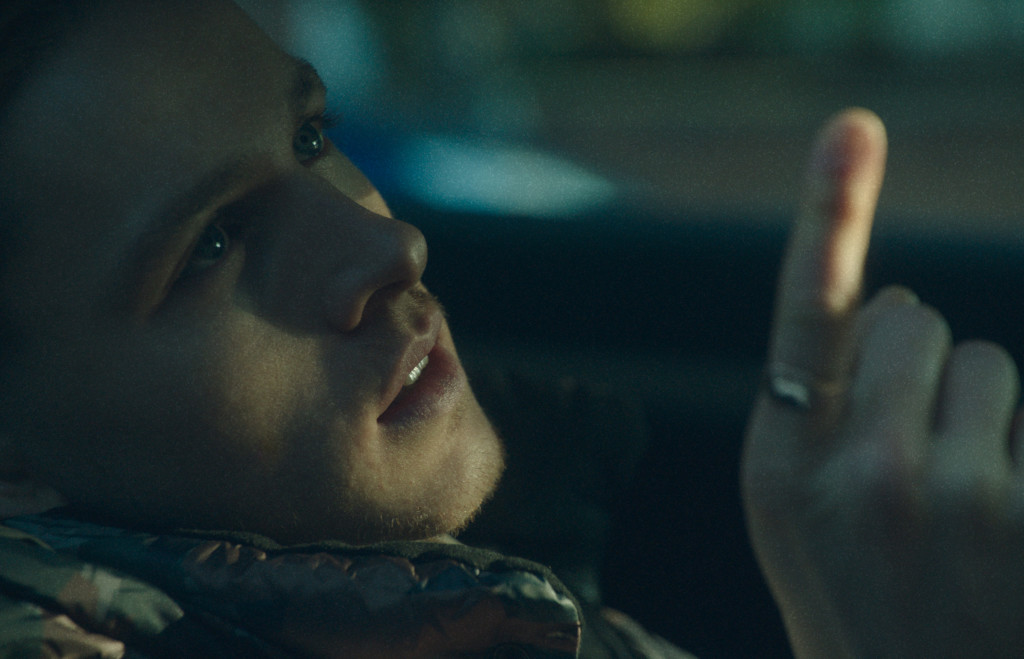
The film offers such an authentic look into the county lines reality. What experiences have deepened your understanding of this crisis?
I’ve been a youth worker for 11 years, so I’ve seen it all. There are sections of charities all over London and they might work with schools, they might work with the families, they might work with both, but it can also be borough funded. So depending on which borough, they’ll call on the charities, and the charities will assign a youth worker or a facilitator to that child, and that’s where I come in. It’s unique because we’re not a social worker, we’re not a parent, we’re not a police or a teacher, we’re there to serve the needs and the voice of that young person. So it’s quite a challenging but fascinating position to be in.
Can you tell us about the background of some of the children you have worked with?
There are many families out there where the dynamic in that family has eroded and the communication has eroded where very simple things seem like the hardest thing. So they need support and they need help. I think having a family dinner is one of the most essential parts of being in a family. So trying to introduce that to the family, in the film, was a really powerful thing for me when I was writing it, trying to do it without words.
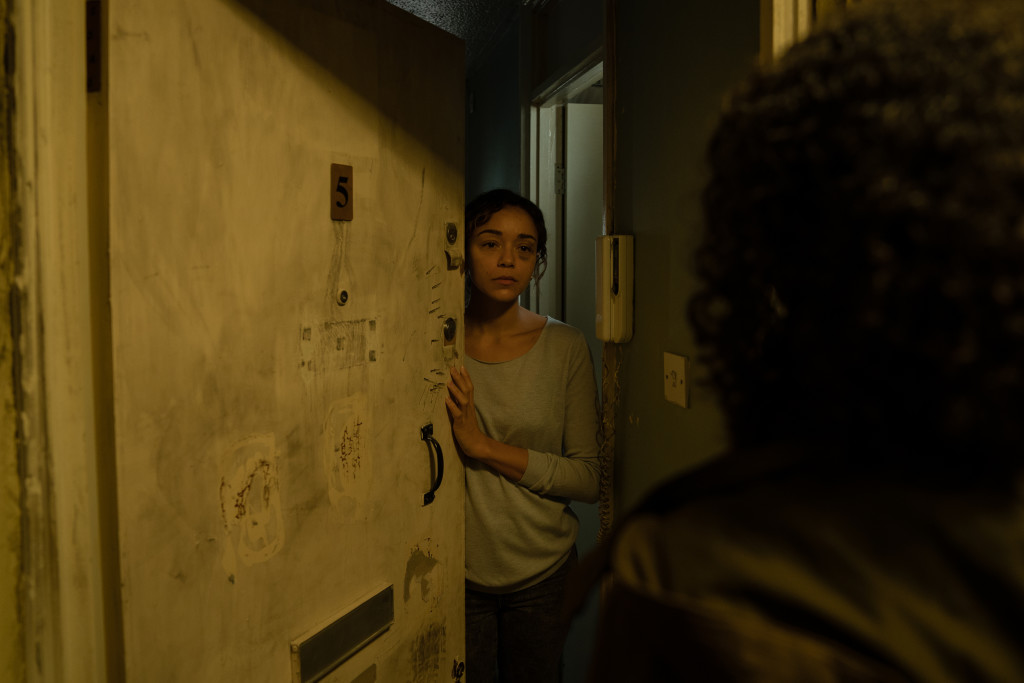
The film shows a harsh reality of living in a challenged environment. Many young people feel the only choice they have to break out is either through football or drugs.
Often they might not be the only options, but they might be the only present options to their family. People might judge the family and say, ‘well that’s silly,’ but that says more about the structure of society to me than it does about the family. The fact that you’ve got families thinking there’s only two options. I’ve worked with so many young people, and they only see two options, be a drug dealer or become a professional footballer. Now what does that tell you about how these young people are being positioned within society? It’s a terrible reflection on how opportunity has been divvied out.
How difficult is it to get the kids to talk and share how they feel? Tyler’s character is always quiet and when he’s finally about to have a breakthrough moment in school, the fire alarm goes off and he cannot speak.
It’s as difficult as you experience in the film. It’s really hard but if you’re given enough time, and you’re consistent enough and you turn up, and you don’t give up, often behind that wall of silence is an incredible child, because they are very scared, very traumatised. I’ve seen that on a level, on a scale that’s really heart breaking. So that was also a trigger for me to make the film because we can all judge young people like Tyler, but I always tell everyone to try living in that child’s shoes; you try living in that child’s shoes and you actually understand how resilient they are and there is a lot of positive character there.
I had unique access as a youth worker, I saw these kids internal mechanisms, I’ve sat in those sessions, I’ve seen the tears, I’ve seen the violence, I’ve seen the pain, I’ve seen the mothers, I’ve seen the fathers, I’ve seen loss, grief, I’ve seen it all on a fundamental molecular level, and that’s what you need to make a film, you need that knowledge.
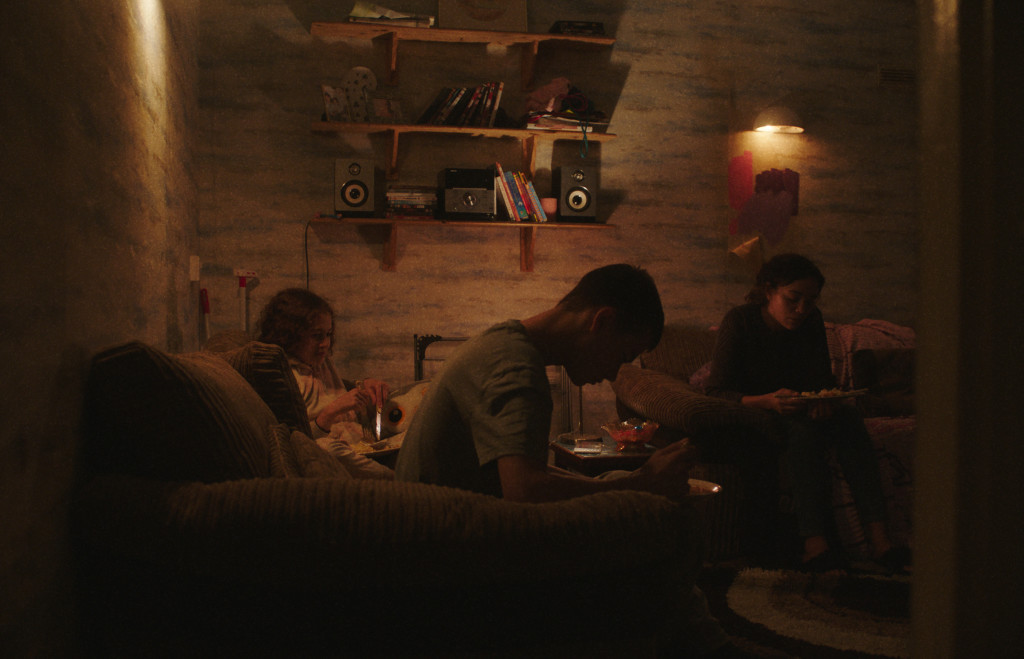
How have you seen the county lines crisis change over the past 11 years?
Larger, more frequent, more children used at a younger age, girls used more and more, more organised, more specific, more profitable and more successful. I mean there’s great disruptive work going on, there really is, but you know you’re dealing with a business model that is seriously organised and seriously dangerous, very dangerous.
It’s never expressed that the film is set in London. Is that something you intentionally wanted to do because these problems exist in cities like Manchester and Birmingham?
Yeah, you could pick that up and put it anywhere. And that’s why the street language is minimalist. It’s about the visuals, tone, atmosphere and not relying on prose.
Elaborate on how you started to get into film and the roots of County Lines, as it was first produced as a short?
So the short I did was a proof of concept because as a filmmaker I had no success. People come through film school who have won awards with shorts, I had none of that. I left school very early and I didn’t want to go back to it. So I realised I was going to have to pick up a camera and get on with it. Victoria Bavister, who produced the film and is my wife, we decided to go for it when we were in our early twenties, and so we’ve made a short film every year since. I just love cinema.
Related Reading




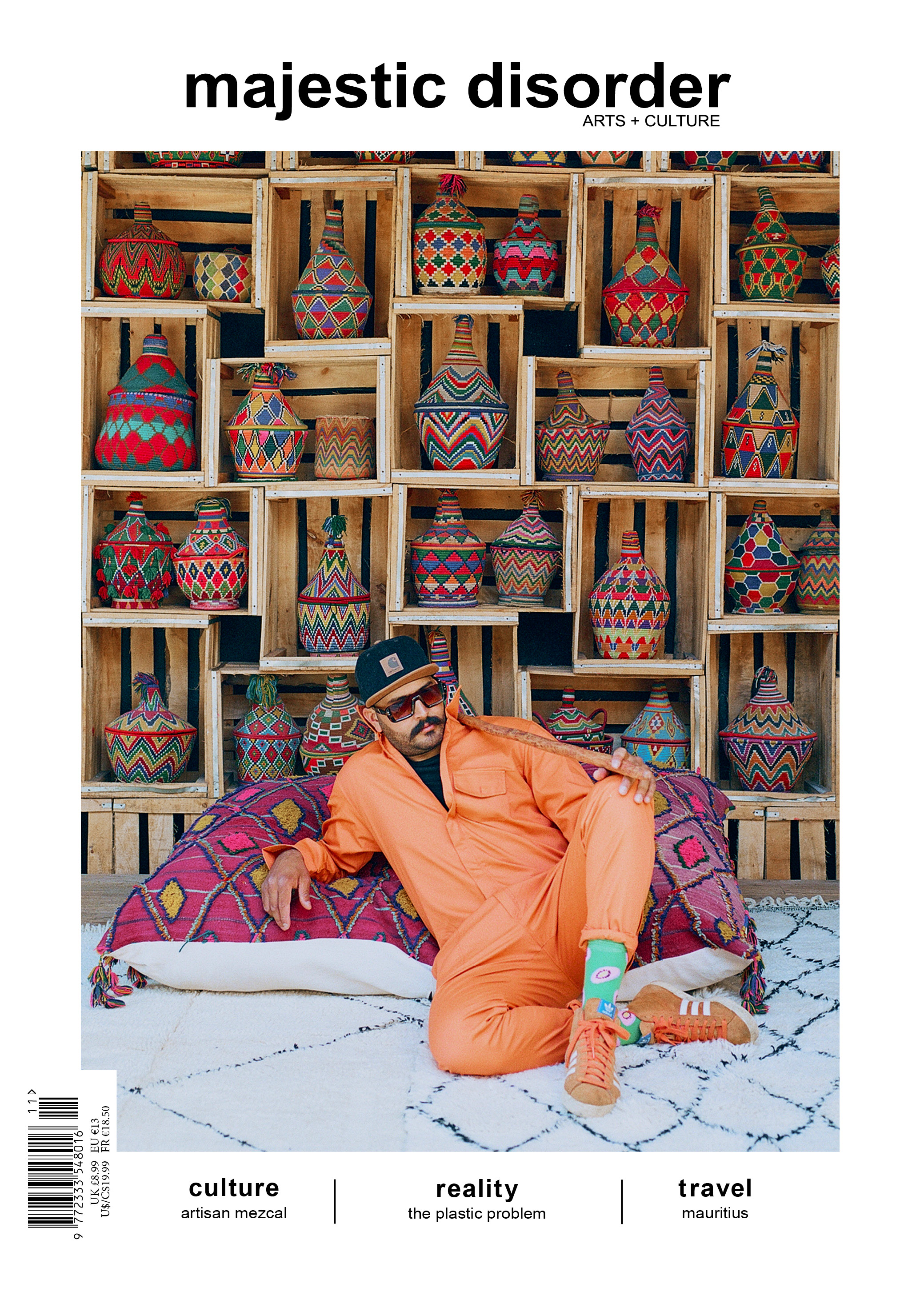
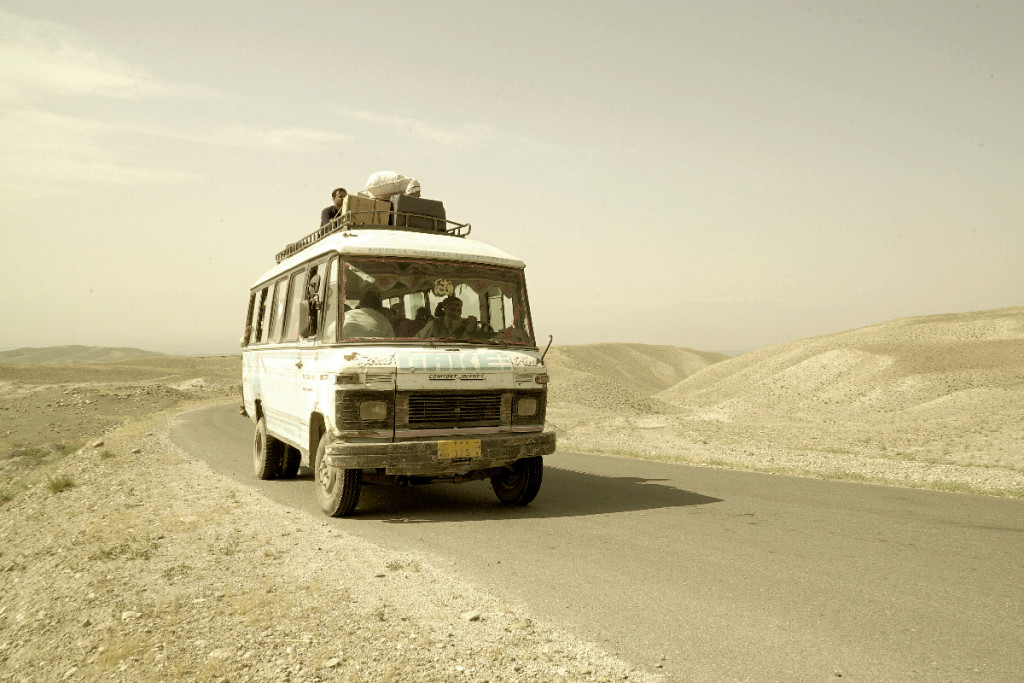
 @majesticdisorder
@majesticdisorder